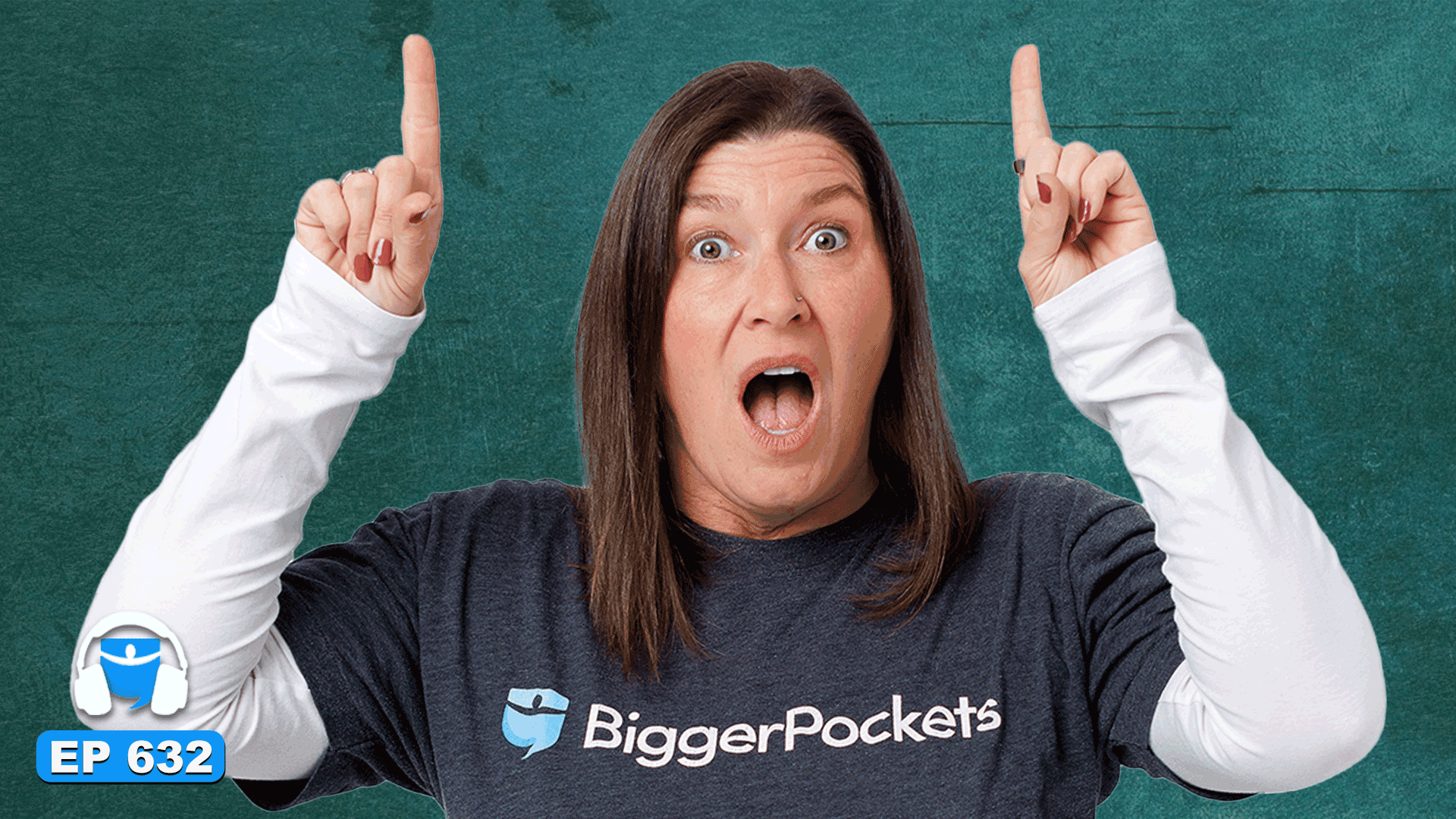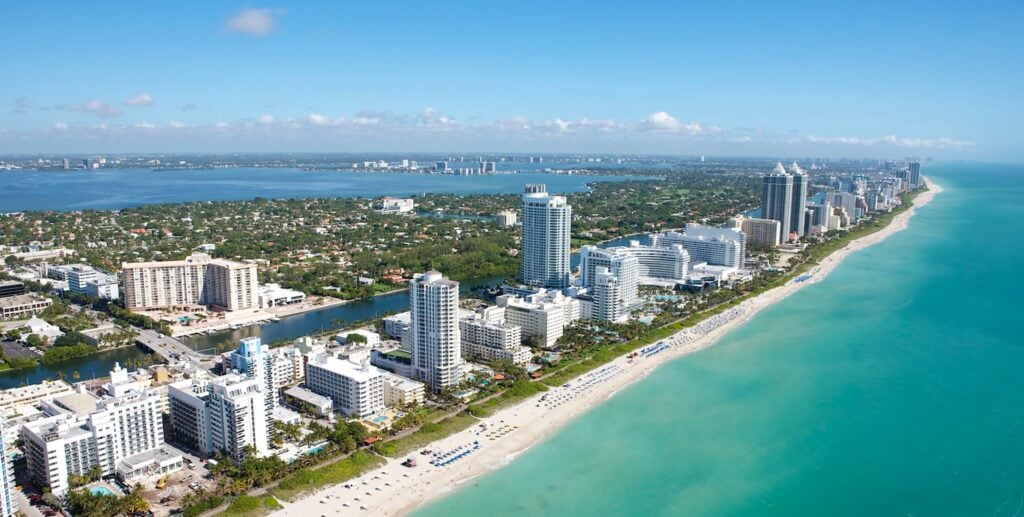The number of landlords selling up in Victoria is causing concern that the Allan government’s upcoming state budget will take a hit in property tax revenue.
Victorian property experts have warned next month’s state budget is facing a property investor-shaped hole, with fears stamp duty and land tax will be hit by a landlord exodus.
Despite Real Estate Institute of Victoria data released today showing a 10,000 increase in homes sold in the past year, industry leaders are worried landlords selling up in response to increased taxes will be limiting the cash inflow to state coffers.
State Treasury forecasts indicate Spring St is expecting $8.08m in land transfer duty, or stamp duty, from the current financial year.
RELATED: Vic property investors still jumping ship more than 12 months since land tax hike
Albo’s Help to Buy boost prompts call for Vic to lift stamp duty cap for first-home buyers
The Block: Danny Wallis, Frank Valentic foreshadow ‘disaster’ due to soaring Vic land tax
But with data suggesting first-home buyers who do not pay stamp duty have outpaced investors in the past year, Property Investors Council of Australia board director Ben Kingsley said the state could have collected far more tax if landlords were not leaving in droves.
“The government would collect more overall revenue if they had more activity from investors,” Mr Kingsley said.
“The challenge that they’ve also got is … if the government receives revenue from stamp duty based on turnover, and that turnover is definitely migrating from an investor to a first-home buyer – they are not receiving the full tote of what they could collect.”
In the 12 months to September last year the state’s supply of rental homes fell by more than 24,700 amid a landlord exodus that the REIV and leading property voices have warned has continued since then — many of these residences have been bought by first-home buyers who do not have to pay stamp duty or land tax.
Premier Jacinta Allan’s government last year introduced higher land taxes for people who own an investment or secondary property, such as a holiday home, worth $50,000 or more.
The REIV’s chief executive Kelly Ryan said reasons behind investors selling up ranged from the 130-plus rental reforms the state government has introduced since 2019, with more flagged for the future, to increased land taxes intended to help pay off Covid-era debt.
Ms Ryan said an unintended long-term consequence of landlords fleeing the state was the impact upon on the state budget’s bottom line.
“The land tax revenue won’t absolutely meet the aspirations that they thought that it might have, because I’m sure they forecast a small diminishment in investment, but probably not as great as what we’re actually seeing in the market,” she said.
Auction figures from Australia’s largest real estate company, Ray White, show Victoria has a higher number of investors selling, compared to the national average.
More than 28 per cent of the 5008 Victorian auctions the agency conducted across the 12 months to April 1 were landlords selling up, compared to 23 per cent from the 16,225 auctions held nation-wide in the same time frame.
Ms Ryan added that a proposed new property tax to replace the Fire Services Property Levy, in an effort to raise more than $2bn to prop up Victoria’s emergency services, pointed to the Allan government having a budget shortfall they needed to address.
REIV’s chief executive Kelly Ryan said about 70 per cent of property investors own one additional home, apart from their own primary place of residence. Picture: Supplied.
It comes as latest quarterly sales data from the REIV shows Melbourne’s median house price fell 2 per cent in the 12 months to March 31 this year, to $911,000 compared to $930,000 in 2024.
While the institute has recorded a rise in the number of sales in that timeline from 97,000 to 107,000, and home values did rise 2.7 per cent in the first three months of 2025, they are expecting high numbers of first-home buyers driving sales will mean less revenue for the state than if investor numbers had remained high.
REIV analysis of state treasury data showed that since 2020, in years where first-home buyers exceeded 40 per cent of all home loans in Victoria, the stamp duty collected plunges.
In the 2023-2024 financial year the government collected $7.463bn from property transactions around the state as the total value of home transactions hit a record $130.55bn.
Australian Taxation Office data shows that teachers, nurses, truckies and police are among the nation’s most prolific property investors.
But the tax collected by the government was far below the more than $8.737bn in the prior financial year, when just $112.4bn in home sales were tallied by the state revenue office.
First-home buyers accounted for 40.7 per cent of home loans statewide in the 2023-2024 financial year, but only 38.2 per cent in the previous 12 months.
In the 2021-2022 financial year the state collected a record $10.361bn in stamp duty, with first-home buyers accounting for just 37.3 per cent of all lending.
Buyer’s advocate and Property Investment Professionals of Australia board member Cate Bakos said the state government needed to look further than just using property investors to repay its Covid debt.
“I think our tax system needs a rethink, and this is probably a really good defining point for them to do that,” Ms Bakos said.
Property Investors Council of Australia board director Ben Kingsley said many Victorian property investors have sold up locally and instead bought a property interstate in the past year. Picture: Supplied.
FIRST-HOME BUYER MELBOURNE SUBURBS COSTING THE VIC GOVERNMENT THE MOST IN STAMP DUTY REVENUE
Suburb: Tarneit
Median house price: $650,000
Number of house sold within 12 months: 907
Pakenham
$665,000
767
Werribee
$610,000
751
Sunbury
$674,000
750
Craigieburn
$662,000
740
Buyer’s advocate Cate Bakos said the state government’s rental legislation changes, increasing interest rates and higher land taxes all contributed to landlords selling up. Picture: Supplied.
Truganina
$650,000
578
Clyde North
$735,000
514
Wollert
$700,000
496
Frankston
$740,000
454
Hoppers Crossing
$620,000
444
Source: Real Estate Institute of Victoria. Number of house sales is for the 12 months to March 2025.
— additional reporting by Nathan Mawby.
Sign up to the Herald Sun Weekly Real Estate Update. Click here to get the latest Victorian property market news delivered direct to your inbox.
MORE: Woolworths selling abandoned house behind rival after neighbours complain
Coalition set to order Australia’s financial regulator to slash home loan buffer if elected



















 English (US) ·
English (US) ·